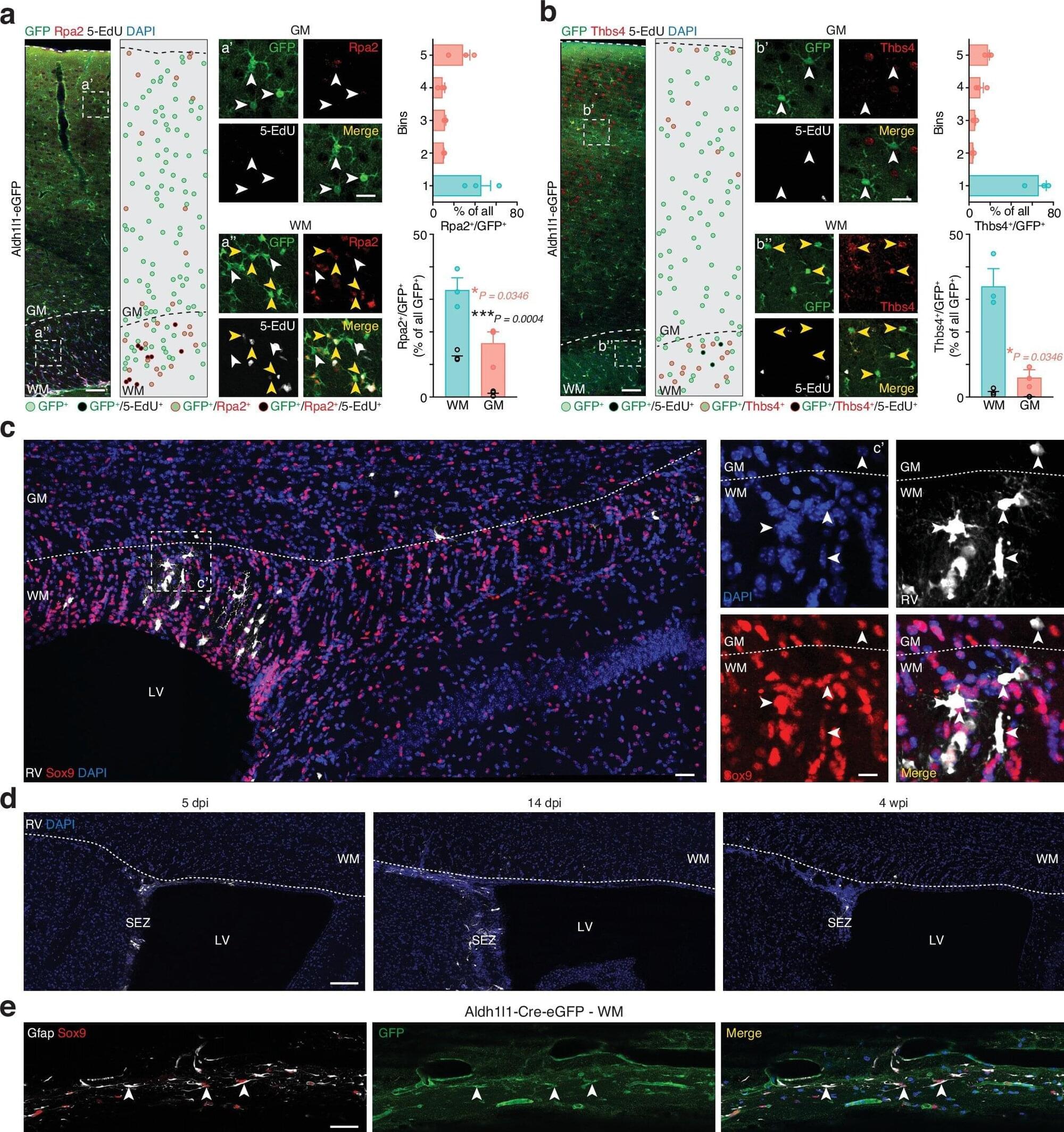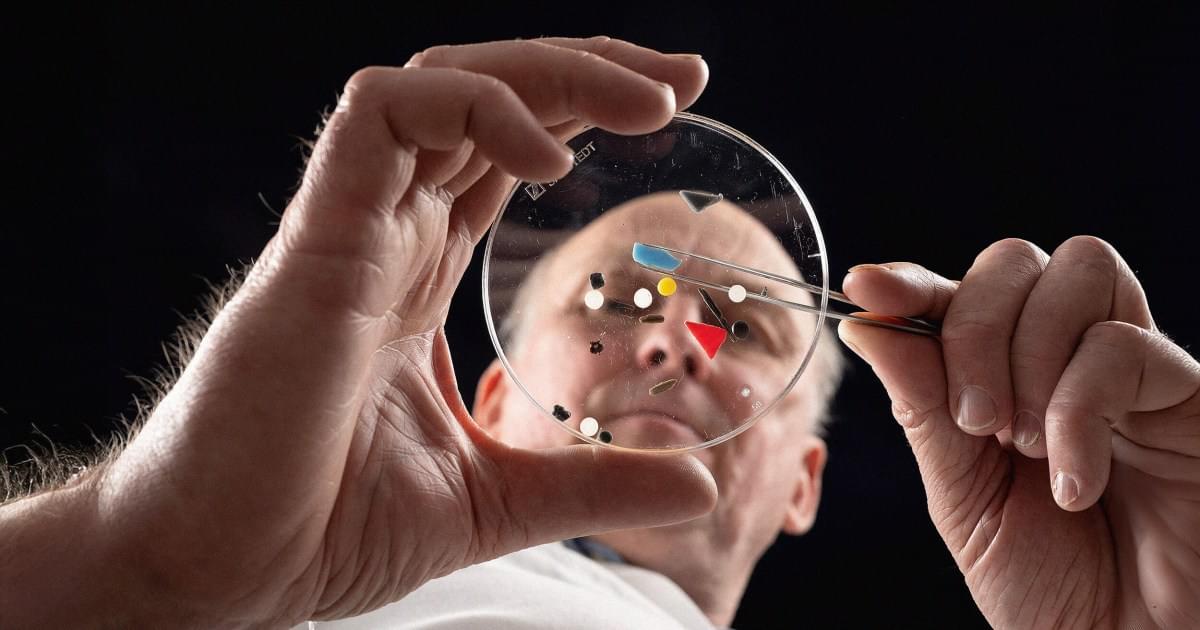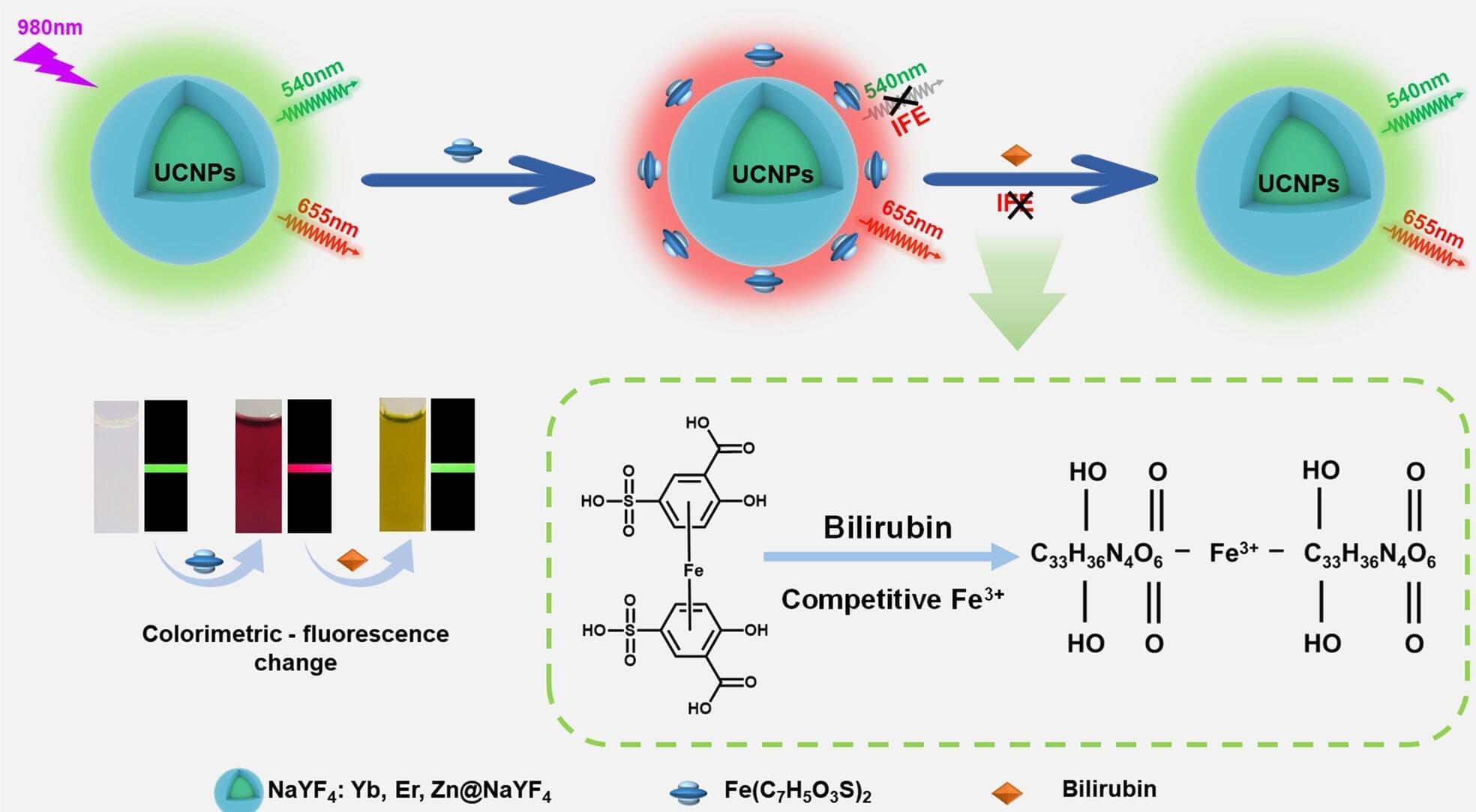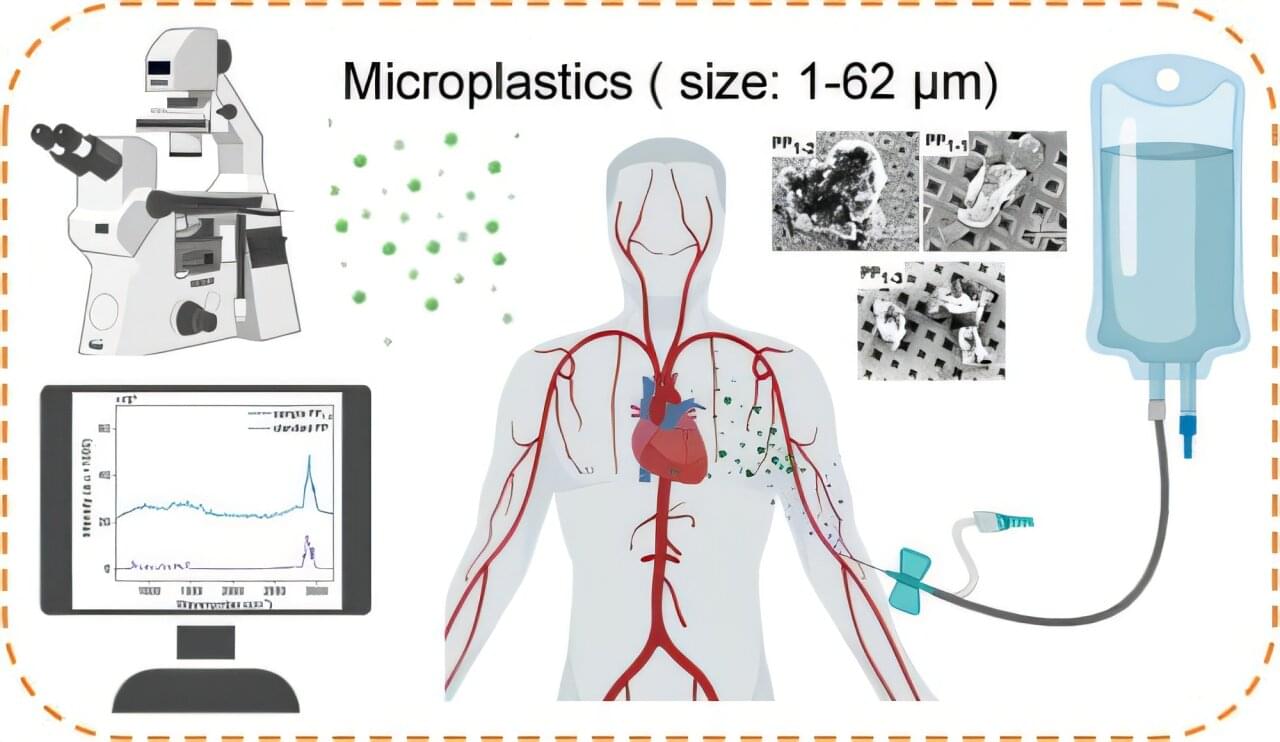【Advanced Skin Disease Diagnosis and Treatment: Leveraging Convolutional Neural Networks for Image-Based Prediction and Comprehensive Health Assistance】 Full article: (Authored by Noshin Un Noor, et al., from World University of Bangladesh, Bangladesh.)
Skin_diseases are a major global health concern, encompassing a wide range of conditions with varying severity. Prompt and precise diagnosis is critical for effective treatment. However, traditional methods often rely on dermatologists, creating disparities in access to care. This study creates and assesses a highly accurate Convolutional Neural Network (CNN) model that can use digital photos of skin lesions to diagnose a variety of skin conditions, and looks into how well various CNN architectures and pre-trained models may increase the precision and effectiveness of diagnosing skin conditions.
Abstract
Skin conditions are a worldwide health issue that requires prompt and accurate diagnosis in order to be effectively treated. This study presents a Convolutional Neural Network (CNN)-based automated skin disease diagnostic method. The work uses preprocessing methods like scaling, normalization, and augmentation to improve model robustness using the DermNet dataset, which consists of 19,500 pictures from 23 disease categories. TensorFlow and Keras were used to create a unique CNN architecture, which produced an impressive accuracy of 94.65%. Metrics like precision, recall, and F1-score were used to validate the model’s performance, showing that it outperformed more conventional machine learning techniques like SVM and KNN. The system incorporates patient-reported symptoms in addition to diagnosis to provide a comprehensive approach to health support, allowing for remote accessibility and tailored therapy suggestions. This work recognizes issues like dataset variability and processing needs while showcasing the revolutionary potential of AI in dermatology. In order to improve model interpretability and clinical integration, future possibilities include dataset extension, real-world validation, and the use of explainable AI.
Skin Disease Diagnosis, Dermatological Image Analysis, Medical Image Classification, Convolutional Neural Networks (CNNs), Healthcare Accessibility, Deep Learning Applications, DermNet Dataset







